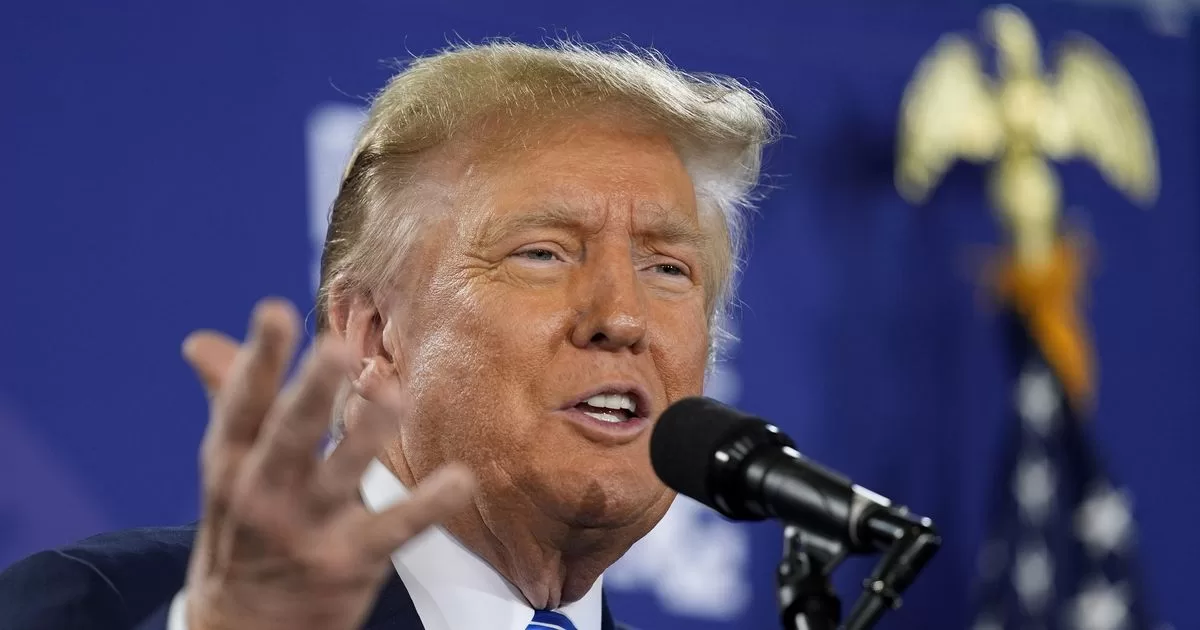The Federal Public Prosecutor’s Office of São Paulo notified Google and Meta on Monday (1st) for the companies’ actions against Bill 2620/202. The so-called Fake News PL has a direct impact on technology companies that offer social media services and digital advertising by making them responsible for the content released by third parties on their platforms.
Among several points, the MPF questioned the two companies if there was any kind of change in search results or promotion of advertisements that criticize the proposal. MP prosecutors want to know how much Meta spent boosting content contrary to the content of PL 2.620/2020.
Another question is about Google’s ranking criteria to display search results about the project, between April 20 and May 2, 2023. There is a suspicion by the MPF that the company would be displaying sites with positions against the project before those who were in favor.
MPF wants clarification
The document was signed by the Public Prosecutor Yuri Corrêa da Luz and may be the first step in an action by the MP against the technology giants. According to the entity, the debate on the regulation of digital platforms is up to Congress and Society, but these companies would be going beyond the expected pressure and resistance against the proposal.
The MP cites a study by the Laboratory of Internet and Social Media Studies at the Federal University of Rio de Janeiro (NetLab UFRJ) that points to an alleged violation of the rules on the dissemination of political content and manipulation of search results to increase the relevance of its own voice in organic search.
“This type of practice, if confirmed, seems to be outside the scope of conduct that subjects targeted by regulatory proposals can adopt in a democratic debate”, states an excerpt from the notification.
In practice, the MPF wants to know whether Meta and Google are abusing their economic power as content disseminators to defend political positions of their interest. More than that: it wants to find out if there is manipulation, including the use of imprecise or exaggerated arguments, of public opinion.
Responses must be sent within 10 days to the agency, otherwise a public action may be opened against Big Techs. The demonstration is part of an investigation that is being carried out in São Paulo to identify actions by digital platforms against the legislation under analysis in the Chamber of Deputies.
Google in the crusade against the Fake News PL
In recent days, Google has published a clarification on its homepage about its position against the approval of the project. In the allegation, the company says that the PL may have the opposite effect to that intended and generate more misinformation.
The parliamentarians’ text would supposedly prevent the removal of content produced by “any company incorporated in Brazil for journalistic purposes”, which could protect and benefit those who produce disinformation on the Web. In addition, according to the company, the obligation to pay for the use of journalistic content could generate a source of income for creators of fake news.
In a note, Google denied expanding the reach of pages with content contrary to the Fake News PL. According to the company, no manual changes are made to the results lists to position pages under “no circumstances”. “Our ranking systems apply consistently to all pages, including those managed by Google,” he explained in the material sent to the press.
Meta also raised the tone
Meta, which owns Facebook, Instagram and WhatsApp, accuses the PL of creating a “permanent surveillance system, similar to that of countries with anti-democratic regimes”. The company also pointed out conflicts in the proposal with other legislation, such as the Civil Rights Framework for the Internet and the General Data Protection Law (LGPD). In a hearing at the STF, Mark Zuckerberg’s company had already defended self-regulation as the most effective measure to combat fake news.
Meta also highlighted problems in devices about digital advertising and copyright rules. It is worth remembering that most of Meta’s budget comes from ads made on Instagram, Facebook and WhatsApp, so any problem in marketing this service could bring financial damage to the operation in the country.
Big Techs vs PL das Fakes News
On April 19, an open letter signed by entities from the technology sector was published, asking for the debate of the project in a special committee, which would remove the urgent nature of the analysis in the Plenary of the Chamber.
Such companies are accused of opposing the project because it could have negative financial impacts. The transfer of funds to news creators, for example, could have an impact on the companies’ earnings – although this is already happening in Australia. There is also a certain fear of fines for not removing false content from the platform without a court decision, which could lead to millionaire disbursements in case of failure in moderation.



